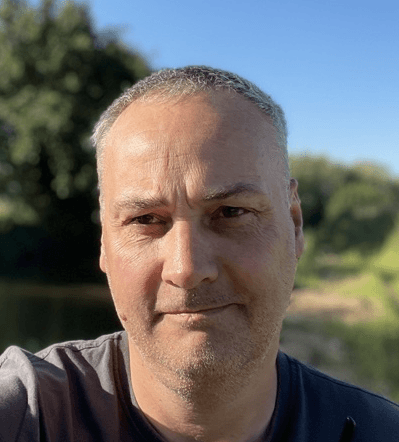
Simon Jenner
Thursday 28 January 2021

Your Big Idea deserves to thrive, but skipping business case validation can lead to failure. Build trust and rapport with your audience by ensuring your startup solves a real problem. Learn how Million Labs uses the Lean Startup method to validate ideas, refine strategies, and help founders confidently bring their MVPs to market while minimizing risks.
Posted in:
Startups
Your Big Idea could be brilliant. It could solve a major issue and you could have the most intelligent team working alongside you as you build an MVP for your startup. But without proper business case validation, it could still fail once it goes to market despite all of this greatness.
This error happens more often than you might think. Founders become so overwhelmed with excitement and confidence in their product that they get a step ahead of themselves and never look back. In fact, this step of validating your business case prior to building your startup's MVP is one of the most important things you can do as a founder to ensure the success of your startup.
The Importance of Business Case Validation
Once you’ve had your Big Idea, you’re likely sharing it with anyone who will listen. Chances are, they’re all telling you it’s the best idea they’ve ever heard - especially your mum. Hopefully, however, you receive some not-so-good feedback from a tough-love listener who puts honestly above loyalty. This is an opportunity to really lean into that feedback. This is an opportunity for growth.
When you receive this negative feedback, you will feel motivated to reposition your Big Idea and make it even better. This is the sort of energy you want to bring to validating your business case.
Business case validation is the process of defining your Big Idea, testing it to ensure it is truly filling a market gap for your target audience, and building your business strategy. This step in your founder’s journey involves narrowing down the problem you are solving, identifying the audience you are solving it for, and establishing your unique selling point.
Dedicating this time to objectively analysing your Big Idea allows you to proceed with building your startup's MVP confidently and with a healthy dose of caution, minimising your risks and helping you maximise the future success of your startup.
The MLabs Approach
At Million Labs, we don’t want to watch as another founder devotes their life savings towards an insufficiently validated MVP app. To avoid this, we focus our business case validation philosophy on The Lean Startup by Eric Ries when working with our no-code founders.
The Lean Startup process includes engaging customers early on, testing the founder’s Big Idea among these customers, and applying the results to creating a design-focused MVP app that is backed by the evidence needed to raise investment. Through this process, founders are able to discover if they will fail quickly with minimal money spent and pivot whenever necessary, rather than dedicating all of their assets into a startup that will inevitably crumble in the market.
Our founders move through the following four-step process when validating and designing their business case:
Step 01: Participate in a one-day validation workshop with qualified mentors to test their Big Idea.
Step 02: Design a scope, user journeys, clickable Figma wireframe, and data architecture.
Step 03: Engage in pre-MVP tests to prove the assumptions that underpin their business case.
Step 04: Graduate into our build team, bootcamps, or pitch to our investment syndicate.
By moving our founders through this process to properly validate their business cases, their chances of success are exponentially increased while they save an incredible amount of financial resources.
Are you a new non-technical founder, bursting at the seams with your Big Idea, eager to release it into the market? We can help.
Through our No-Code Founders Bootcamp, we’ll help you to validate your business idea with the Lean Startup Method and continue on to build an MVP for your startup, take it to market, and even raise investment. You, too, can launch your startup with confidence that you have minimised your risks and maximised your chances of success.
Ready to launch your startup idea with an MVP?
Download our step by step guide for non-technical founders to create a startup Minimum Viable Product (MVP)
Get the eBook

